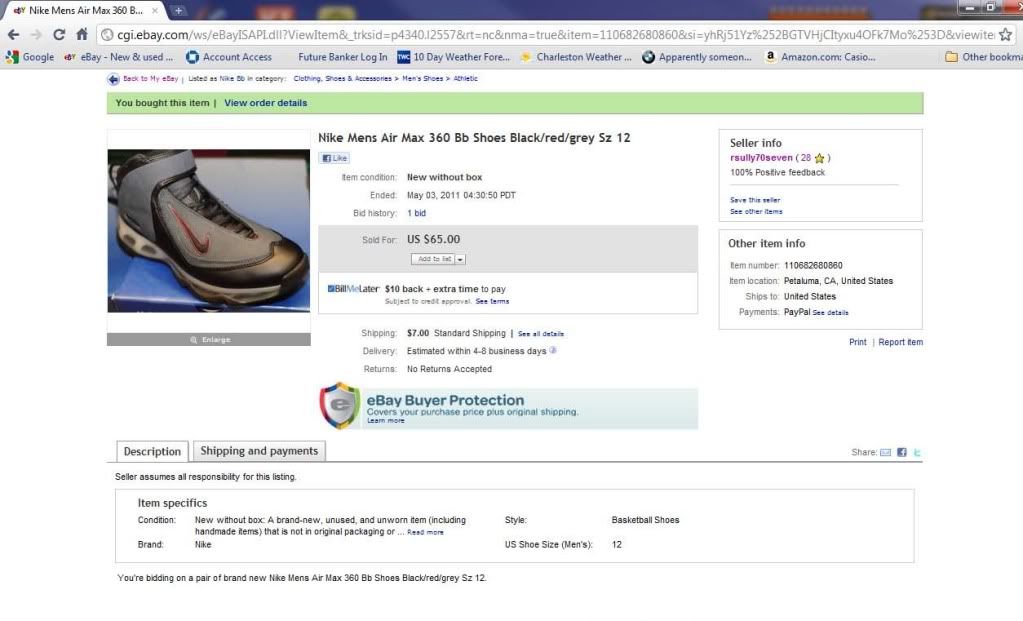I'm taking business law and, either by lack of sleep or having my brain all fizzed out, I'm having a hard time wrapping my head around 'good faith' accessions. As long as the good faith accession, even if not known by the original owner, has increased the property value substantially there is a chance the title of ownership could move to the improver.
Now the books 'bad faith' example says pretty much a car thief could not seek compensation if he bought brand new tires for the car he stole if the car was ever returned to the owner. I get that but I need an example of the good faith.
Right now my train of thought is you can improve anything but you can't seek compensation unless the original owner has agreed to it. What if some one just walked up to one of our cars, while we were on vacation, and just resprayed it right there on the street (after constructing a well ventilated and clean paint booth ;) ). Could he really seek compensation/ownership since a respray would most likely double the value of our e30's?
So lawyers of r3v, sup?
Now the books 'bad faith' example says pretty much a car thief could not seek compensation if he bought brand new tires for the car he stole if the car was ever returned to the owner. I get that but I need an example of the good faith.
Right now my train of thought is you can improve anything but you can't seek compensation unless the original owner has agreed to it. What if some one just walked up to one of our cars, while we were on vacation, and just resprayed it right there on the street (after constructing a well ventilated and clean paint booth ;) ). Could he really seek compensation/ownership since a respray would most likely double the value of our e30's?
So lawyers of r3v, sup?




Comment